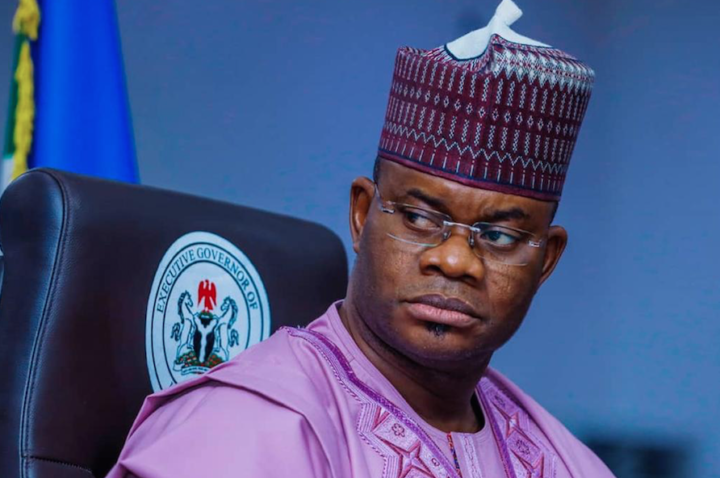Yahaya Bello, the former governor of Kogi State, has been arrested by the Economic and Financial Crimes Commission (EFCC) over allegations of money laundering, breach of trust, and misappropriation of N80.2 billion.
Dele Oyewale, the EFCC’s spokesperson, confirmed the arrest, revealing that Bello was taken into custody on Monday afternoon. According to Oyewale, the arrest took place when Bello was spotted in a car park, with the EFCC’s chief security officer overseeing the operation.
“An arrest can occur anywhere,” Oyewale stated, emphasizing that Bello will not be allowed to leave without permission. “He is still in our custody,” he added, confirming that the arrest occurred at 12:54 PM.
Usman Ododo, the current governor of Kogi State, is said to have played a significant role in the arrest, reportedly bringing Bello to Abuja earlier in the day.
This marks a crucial development in the EFCC’s pursuit of the former governor, who had evaded arrest for months despite several attempts. The commission first declared Bello wanted in April after multiple failed efforts to secure his detention. In September, he appeared at the EFCC’s Abuja office alongside Governor Ododo but was allowed to leave without being arrested. Bello’s legal team had previously told the court that his whereabouts were unknown, citing safety concerns.
The EFCC intensified its efforts following an August 20 ruling by the Court of Appeal in Abuja, which ordered Bello to present himself for arraignment. EFCC Chairman Ola Olukoyede has accused Bello of withdrawing $720,000 from state funds to prepay his child’s school fees abroad.
Bello faces 19 charges, mainly concerning money laundering. His arraignment has been delayed multiple times due to his failure to appear in court. The commission claims he has been under the protection of the Kogi State government since being declared wanted.
The EFCC views the August ruling as a “vindication” of its position, asserting that Bello must face the charges against him. With his arrest now secured, the case is expected to move forward to trial.
The arrest has ignited broader discussions about political accountability and immunity in Nigeria. Bello’s case is likely to become a key test for the EFCC’s commitment to addressing corruption among high-ranking political figures.


